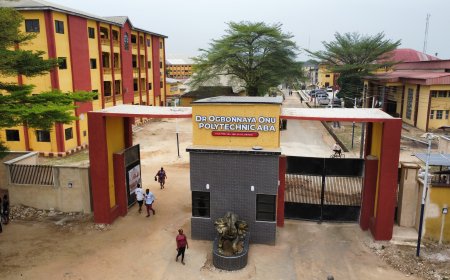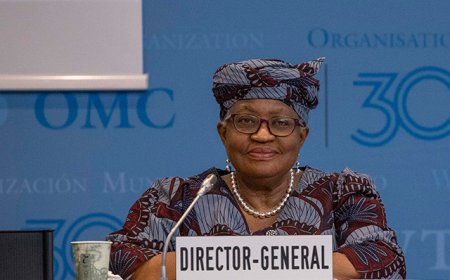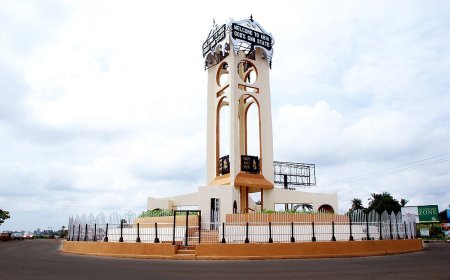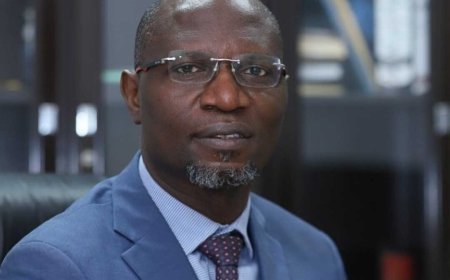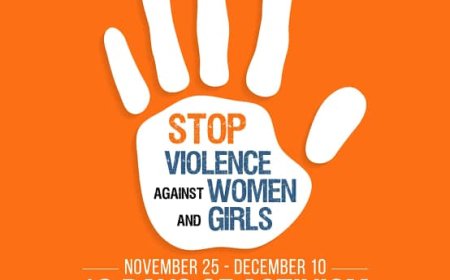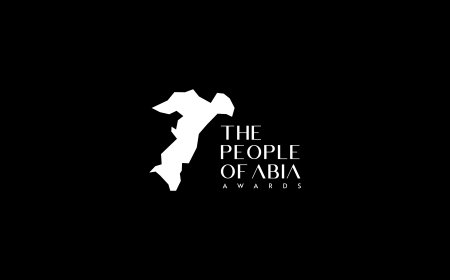HIV/AIDS Cases Rise in Abia as Drug Supplies Dwindle, Health Stakeholders Warn
Health experts in Abia State raise alarm over a spike in HIV/AIDS due to donor funding cuts. Stakeholders call for urgent interventions, improved planning, and better maternal care amid rising drug shortages and staff gaps.

Health stakeholders in Abia State have raised fresh concerns over a resurgence in the spread of HIV/AIDS, warning that the state could face a serious public health crisis if urgent action is not taken.
The alarm was sounded during a four-day strategic workshop organized by the Federal Ministry of Health under the Nigeria Health Sector Renewal Investment Initiative (NHSRII). The event brought together health managers, civil society organisations, WHO representatives, and officials from all 17 Local Government Areas.
Participants blamed the disturbing trend on a drastic reduction in donor funding—particularly from the United States Agency for International Development (USAID)—following anti-aid policies implemented during the Donald Trump administration. USAID has historically played a key role in subsidising HIV/AIDS treatment across the world.
“HIV/AIDS is now on the rise again. Many patients have run out of antiretroviral drugs due to supply disruptions from donor agencies. If we don’t act now, the situation could spiral out of control,” one health official said during the session.
Stakeholders expressed deep worry that patients who had previously kept the virus under control through consistent medication were now at risk of health complications and potential transmission. The critical gap in funding has left many unable to access lifesaving treatment.
The stakeholders also criticised the late delivery of medical supplies, some of which arrive dangerously close to their expiration dates. One participant questioned why products set to expire in September were only delivered in July.
Speaking during the workshop, the Abia State Commissioner for Health, Prof. Enoch Ogbonnaya Uche, said the workshop was part of a broader plan to align the Ministry’s 2026 operational framework with the goals of the Governor Alex Otti-led administration.
“We are mapping out a detailed plan that ensures our healthcare interventions are properly budgeted, targeted, and impactful. This is about planning to succeed,” Uche said.
He reiterated the state government’s commitment to revitalising healthcare delivery, particularly through expanded infrastructure, personnel recruitment, and stronger engagement with development partners.
The Permanent Secretary of the State Ministry of Health, Dr. Ifeyinwa Umah-Kalu, confirmed that recruitment of 771 health workers had commenced, with applications open until August.
“We are cascading down to ensure no one dies of preventable causes. This is an ecosystem approach to healthcare,” she stated.
WHO State Coordinator Dr. Jibrin Alkasim, represented by Dr. Carol Iwuoha, called for continuous training for health workers and criticised the irregular hours of some Primary Health Centres (PHCs). He urged pregnant women to shun traditional birth attendants due to the risks involved and instead seek care from registered facilities.
Dr. Onuka Okorie, SWAP Desk Officer, identified Bende, Ukwa East, and Ugwunagbo as LGAs with the highest maternal mortality rates in the state. He linked this to delays in seeking medical attention, distance from care facilities, and poor healthcare decisions fueled by religious beliefs and misinformation.
Civil society leader Comrade Richard Okoro urged communities to take ownership of PHCs in their areas and condemned religious leaders who discourage pregnant women from undergoing medically advised surgeries with false prophecies.
Dr. Chidinma Ejepu from the Federal Ministry of Health reiterated the federal government’s commitment to supporting states based on performance and said a comprehensive strategy to curb the brain drain of Nigerian health workers was in the works.
Abia’s health sector sits at a critical crossroads. Without immediate local interventions, increased awareness, and strategic planning, the gains made in curbing HIV/AIDS and reducing maternal mortality could be reversed. Stakeholders are calling for swift action—from the government, the health workforce, communities, and donors.










